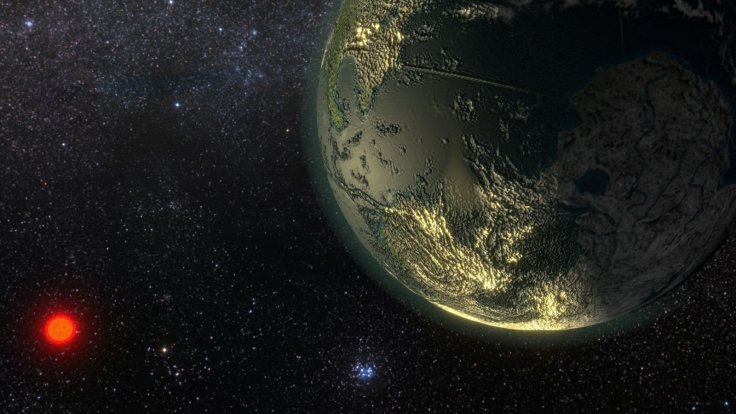
Space experts have long been trying to detect possible extraterrestrial intelligence in deep space for years, and to proclaim human presence in the blue planet, they are sending radio waves to attract alien civilizations that might be living in the far nooks of the universe. And now, a new study conducted by researchers at the University of California, Los Angeles (UCLA) has suggested that Earth-like exoplanets are quite common in the universe.
The study led by Alexandra Doyle graduate student of geochemistry and astrochemistry made use of a new method to analyze the geochemistry of exoplanets outside the solar system.
The report published in the journal Science revealed that scientists studied six common elements in rocks from asteroids or rocky planet fragments that orbit six white dwarf stars. After analyzing the elements that include, iron, oxygen, silicon, magnesium, calcium, and aluminum, researchers found that many rocky planets in the deep nooks of the universe are very similar to the earth.
"Observing a white dwarf is like doing an autopsy on the contents of what it has gobbled in its solar system. Very similar. They are Earth-like and Mars-like in terms of their oxidized iron. We're finding that rocks are rocks everywhere, with very similar geophysics and geochemistry," said Alexandra Doyle, in a recent statement.
Hilke Schlichting, UCLA associate professor of astrophysics and planetary science, revealed that the similarities in plate tectonics and magnetic field of these exoplanets and the earth could be an indication that these space bodies might be also holding ideal conditions to host life.
"If extraterrestrial rocks have a similar quantity of oxidation as the Earth has, then you can conclude the planet has similar plate tectonics and a similar potential for magnetic fields as the Earth, which are widely believed to be key ingredients for life," said Schlichting.
A few days back, Professor Didier Queloz, who won the 2019 Nobel Prize for physics had revealed that alien life will be discovered in the next 30 years. Queloz also made it clear that the alien life which will be discovered in the future will not be those cliched green men Hollywood movies have been depicting for years.









